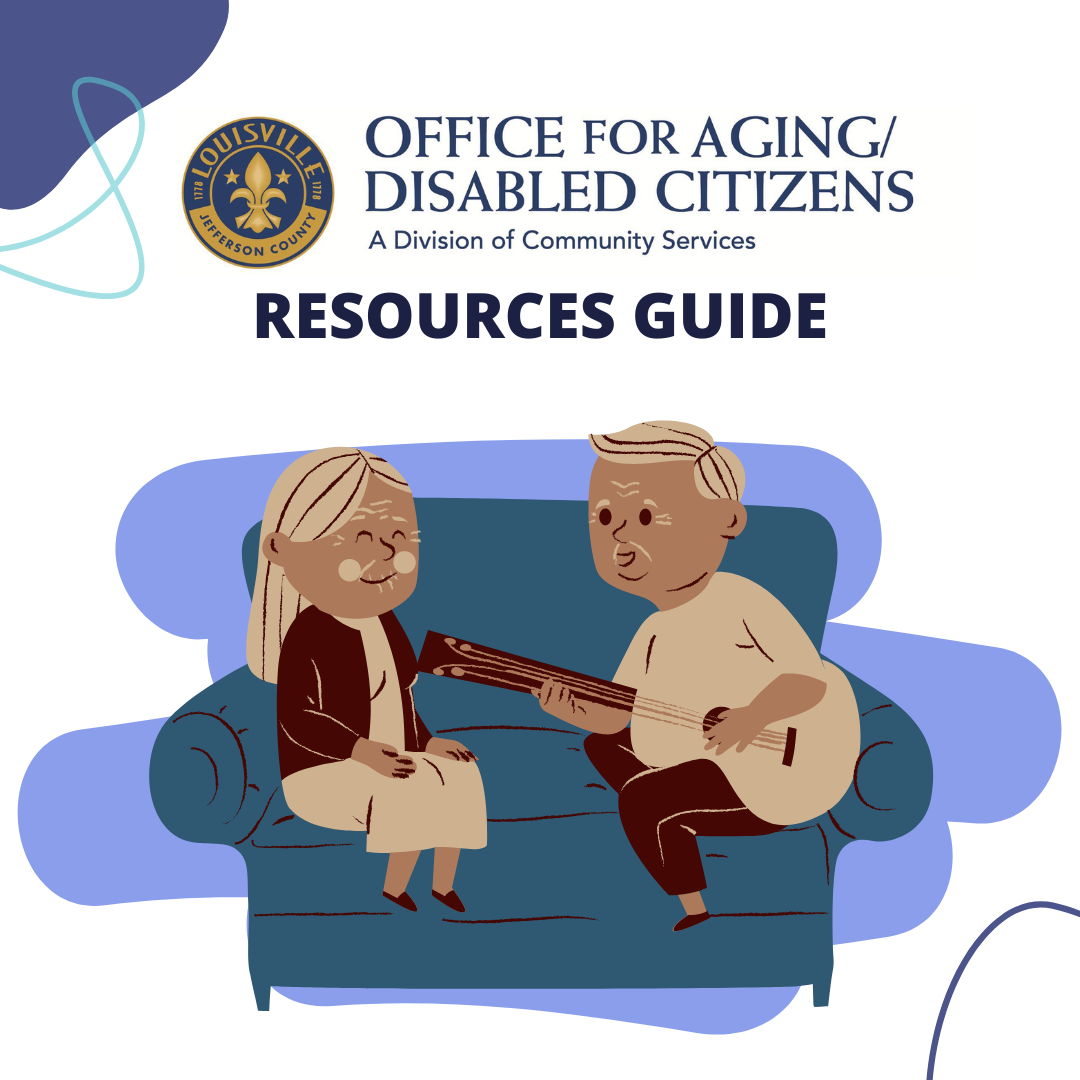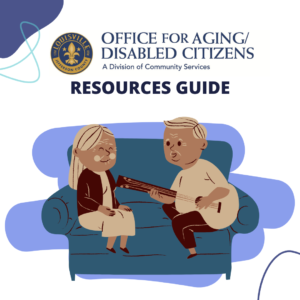Steps LGBTQ+ Workers Can Take if they are Experiencing Discrimination in the workplace
LGBTQ+ workers are often targeted for harassment and discrimination at work. Despite cultural gains in the last twenty years or so many workers who are LGBTQ+ don’t realize that they have legal protection against discrimination and harassment at work. If you’re being victimized at work because you are LGBTQ+ you need to know that you are legally protected and don’t have to put up with harassment and discrimination by your employer or your coworkers.
Title VII of the Civil Rights Act protects people from discrimination based on race, color, sex, religion, and place of birth. But the Supreme Court expanded that protection and it now also includes discrimination based on identity, orientation, and gender. Your employer is not allowed to discriminate against you or to allow a hostile work environment.
If you’re a victim of discrimination at work you can file a complaint with the Equal Employment Opportunity Commission. The EEOC investigates employers after employees file complaints and also shares information with the state labor boards of 44 states so that the states can investigate any companies in their state who have a complaint filed against them.
Examples Of Workplace Discrimination
Discrimination in the workplace can be harassment, bullying, or things like:
Being Denied Raises or Promotions
If you are always passed over for promotions or regularly scheduled raises and you suspect it’s because of your LGBTQ+ status that’s discrimination.
Targeted Harassment
If the people that you work with use LGBTQ+ slurs, promote offensive stereotypes, exclude you from office events, make you feel unwelcome or harass you and make offensive comments or statements that’s discrimination.
Getting Hours Cut
If you work on an hourly basis and your schedule keeps getting cut or you keep getting put to work on the worst shifts that’s discrimination.
Misgendering you on purpose
After you have told your colleagues and bosses what your preferred pronouns and what name you prefer if they refuse to use those pronouns or trhat name that’s discrimination.
Filing A Workplace Discrimination Claim
Keeping a record of the discrimination that you’re experiencing is very important. You will need a list of incidents that describe what happened and name the names of who was involved. Take that list to your boss or to the head of HR and explain what is going on and how it’s affecting your ability to work. Your boss or your head of HR should immediately agree that what you’re going through is awful and tell you they will stop it. If they don’t take you seriously or you get the feeling nothing is going to be done then you can go to the EEOC’s website and file a complaint.
You can also file a complaint on the state level too. In Kentucky, you can file a discrimination complaint with the Louisville Human Relations Commission or the Kentucky Commission Human Rights. When you file a discrimination complaint on the state level in Kentucky, it will be dual filed with the EEOC, that way you don’t have to file two complaints.
Penalties For Harassment And Discrimination
It’s a big deal for employers to get hit with a violation of the Civil Rights Act. They could pay tens of thousands of dollars per violation and face criminal charges too. If you are owed money because you lost out on a raise or promotion you could qualify for a lump sum of money for back wages. You also may be eligible for a lump sum of pain and suffering.
Resources:
https://www.eeoc.gov/
https://employmentlawhelp.org/sexual-harassment/sexual-orientation-harassment
https://www.employmentlawhelp.org/discrimination/gender/lgbtq-discrimiantion-complaint-letter
https://louisvilleky.gov/government/human-relations-commission
https://kchr.ky.gov/Pages/File-a-Complaint.aspx







 In 2016, A research team under the Kentucky LGBT+ Heritage Initiative published a 125-page report on Kentucky’s LGBT+ history.
In 2016, A research team under the Kentucky LGBT+ Heritage Initiative published a 125-page report on Kentucky’s LGBT+ history.



 uisville will have two major new assets working together to help the community!
uisville will have two major new assets working together to help the community!